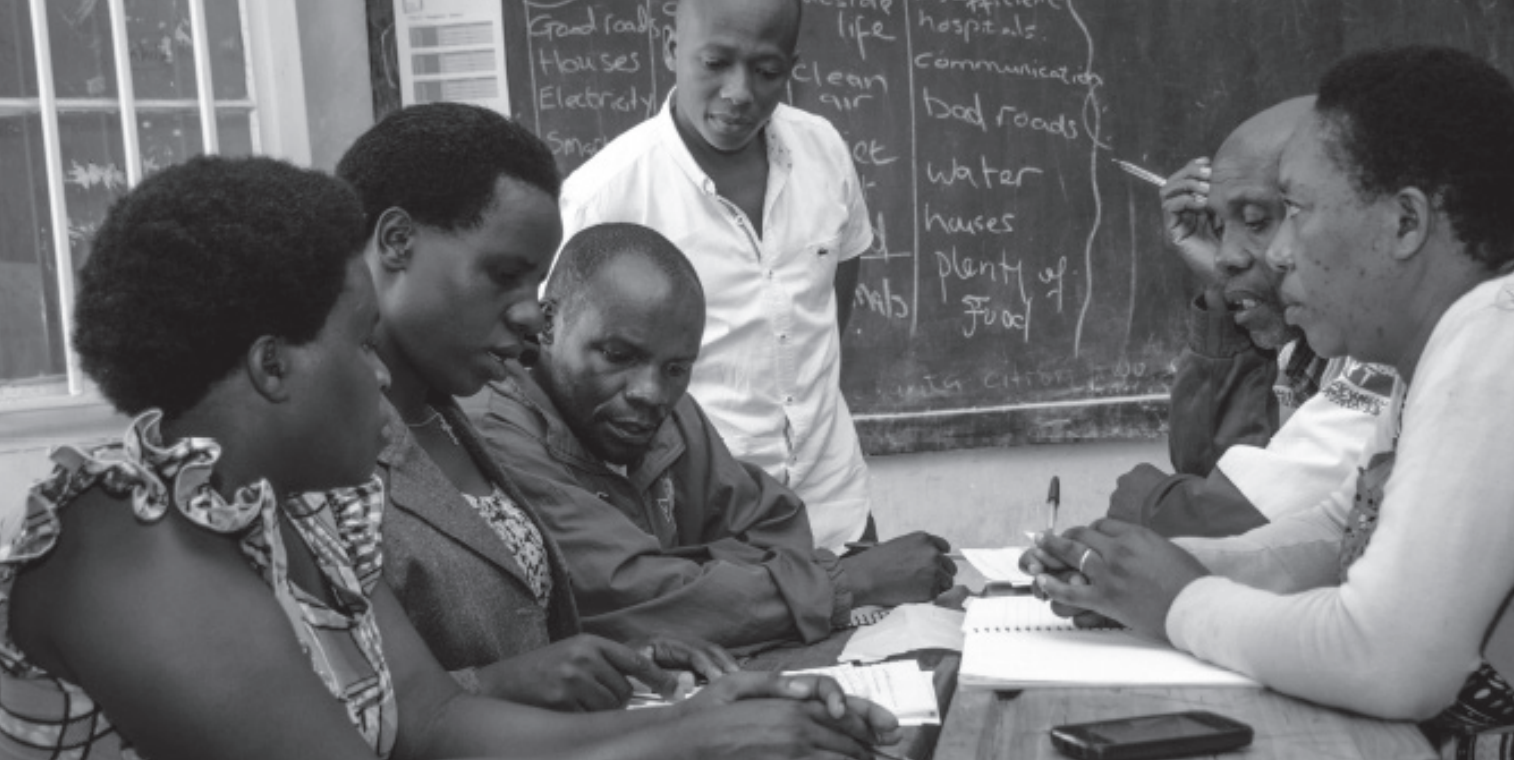
WISE, the Education Commission, and Education Development Trust came together with the Rwanda Basic Education Board (REB) to generate new evidence on school and system leadership during COVID-19.
School leadership has never been more complex or critical than it is today. Even before the COVID-19 pandemic struck and left over 1.5 billion children out of school, a range of factors, including globalization, new models of learning, and emerging science, led policymakers to identify school leadership as a key priority in tackling school quality and improvement challenges worldwide (Vaillant, 2015; Okoko, 2020; Robinson, 2008). Indeed, Leithwood, Harris and Hopkins (2019) suggest that school leadership has a significant effect on elements of school organization which positively impact teaching and learning, and thus is a crucial factor in the success of school improvement.
Nevertheless, significant gaps in knowledge on leadership persist, particularly in relation to the developing nations of the Global South where the worldwide learning crisis is most acute (Sampat et al., 2020). There, hundreds of millions of students remain years behind peers in developed nations in reading, math, and essential life skills, a disparity aggravated by the COVID-19 crisis (World Bank, 2018). The pandemic has shed more light on the deep inequities that permeate the world’s education systems, and particularly the unequal access to quality education between children from wealthy versus poorer nations.
The challenge to build back after the crisis is a crucial opportunity for investment in school leadership research and new thinking on the role of leadership in tackling the toughest educational challenges of reducing systemic inequities and bridging learning gaps.
This research used an innovative ‘learning partnership’ approach with Rwandan education stakeholders engaged as a critical ‘co-creation’ partner in each phase of the process – from designing the research questions to intrepreting the findings. This approach ensured the issues investigated were priorities for local stakeholders and promoted ongoing, dynamic dialogue around emerging findings to influence decision-making which could be acted on to create impact.


